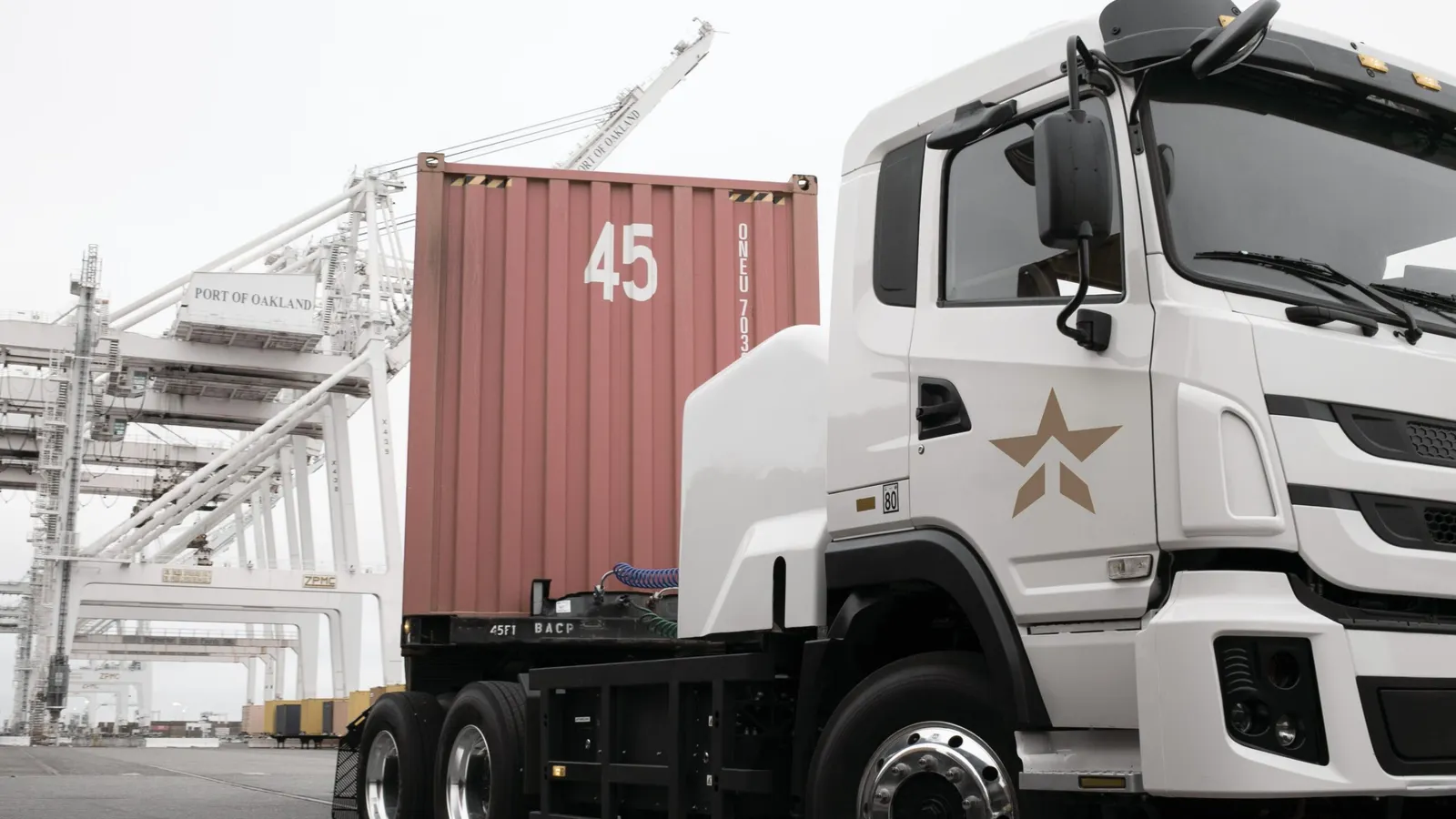Recent Layoffs in Seattle’s Transloading Industry
In a noteworthy development within the logistics sector, MacMillan-Piper has filed a notification with the Washington state authorities to permanently dismiss 92 employees across its Seattle and Tacoma locations. The layoffs are effective from July 10, a move prompted by “sudden and unforeseeable business circumstances” resulting from financial difficulties related to funding.
The Impact of Loss of Operational Funding
The WARN (Worker Adjustment and Retraining Notification) letter highlighted that the layoffs will affect various roles within the company, including positions in warehousing, management, operations, and support. It is essential to note that these layoffs are permanent, with no options for bumping or recall available. However, affected employees will be referred to state reemployment services to assist with their transition.
Response from Parent Company GSC Enterprises
Meanwhile, employees at GSC Enterprises, the parent company of MacMillan-Piper, have taken to social media platforms such as LinkedIn to announce their layoffs. Positions impacted by these layoffs include managerial roles primarily based in Oakland and Seattle-Tacoma.
Recent Acquisition and Operational Expansion
Just last year, GSC Enterprises acquired MacMillan-Piper, aiming to enhance its transloading capabilities, given the expertise MacMillan-Piper offers in several sectors, including agriculture, paper, and steel among others. Previously known as GSC Logistics, the company transitioned to GSC Enterprises, which now encompasses three primary entities: GSC National Transportation, GSC Logistics, and GSC Solutions. This collaboration aims to create a robust framework for services such as drayage, chassis provision, transloading, and crossdocking services.
Current Infrastructure and Regional Capacity
GSC’s operational footprint in the Pacific Northwest has been significantly bolstered since the acquisition of MacMillan-Piper. Presently, GSC comprises:
- 400,000 square feet of total warehouse space
- Four rail-served transload buildings
- Two bulk transload facilities
- Three acres of yard space on Port of Seattle property
- Eight acres of yard space on Port of Tacoma property
This infrastructure not only enables effective freight movement but also emphasizes GSC’s commitment to maintaining a stable logistics presence in the region, despite recent workforce reductions.
Looking Ahead: The Future of Logistics
The recent developments at MacMillan-Piper and GSC Enterprises highlight some crucial aspects of the logistics industry. While the layoffs signal robust challenges such as operational funding loss, the strategic acquisitions and expansions indicate a strong underlying potential in transloading and logistics operations. It’s essential to recognize that even seasoned companies may face unexpected hurdles that can lead to workforce adjustments.
In logistics, operational efficiency is paramount. The ability to adapt to changes, such as financial downturns or shifting market demands, is an indispensable part of navigating this ever-evolving industry. Firms must stay vigilant to adjust their strategies quickly in response to market dynamics and take advantage of new opportunities that arise.
General Industry Reflections
The transloading sector indeed presents various challenges and opportunities. With recent layoffs, industry professionals must reflect on how to leverage change for innovation and potential growth. It’s one of those instances where the phrase “When the going gets tough, the tough get going” truly applies, as logistics companies navigate complex environments and work to ensure they continue to provide reliable services to their clients.
الخاتمة
The situation at MacMillan-Piper underscores a broader trend within logistics concerning the interplay of operational funding and workforce management. While these layoffs are a setback, they serve as a valuable lesson in resilience and adaptation within the logistics framework.
As logistics remains ever critical in ensuring efficient transport operations, firms like GetTransport.com are dedicated to providing affordable, global cargo transportation solutions. Whether it’s for office relocation, cargo deliveries, or transporting bulky items such as furniture and vehicles, GetTransport.com addresses diverse transportation needs effectively. The platform offers customers convenience, transparency, and a variety of choices that align with their logistics requirements.
The insights presented here illustrate that while financial constraints can lead to drastic changes, the logistics sector remains ripe for innovation and opportunities. For your next cargo transportation, consider the convenience and reliability of GetTransport.com. Book now at GetTransport.com.com.

 تسريح العمال في شركة "ماكميلان بايبر" في سياتل: رؤى رئيسية حول تحديات الخدمات اللوجستية">
تسريح العمال في شركة "ماكميلان بايبر" في سياتل: رؤى رئيسية حول تحديات الخدمات اللوجستية">